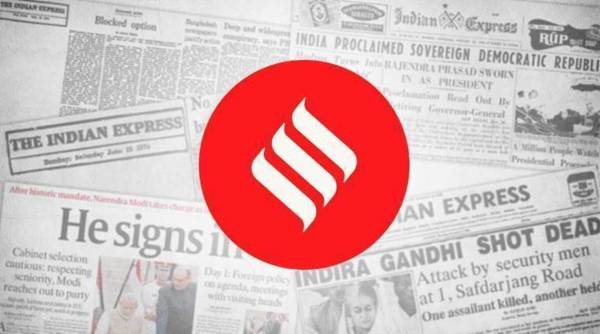 The divergence between India and the US on Ukraine, however, goes beyond oil.
The divergence between India and the US on Ukraine, however, goes beyond oil. At their virtual conversation on Monday night, Prime Minister Narendra Modi and US President Joe Biden navigated carefully between two competing narratives that have defined the bilateral discourse on Ukraine. For Delhi, it was about unacceptable pressure on India to stop buying oil from Russia; it was also about affirming India’s right to pursue its own interests. The narrative in the US and Europe, in contrast, was about India defying global norms by helping Russia circumvent sanctions. The engagement in Washington this week — which saw Modi and Biden give guidance to the so-called two plus two dialogue of their defence and foreign ministers — helped clarify that India was not violating any sanctions by its oil purchases. The US has also made it clear that it is not demanding an end to India’s oil acquisition from Russia but urging Delhi not to ramp up its purchases. Given the limited share of Russian oil in Indian imports — barely two per cent — grandstanding in both capitals was unnecessary.
The divergence between India and the US on Ukraine, however, goes beyond oil. India has taken a while coming to terms with the political backlash in the West against Russia’s resort to war in the heart of Europe. Long accustomed to viewing Europe through Russian eyes, India was unwilling to pronounce on the unacceptability of the Russian invasion. But Delhi has made steady adjustments to its position, by coming out more clearly in recent days against the Russian violation of the UN charter and international law, and for Ukraine’s territorial sovereignty. At the talks with Biden, Modi did not name Russia but raised concerns about the Bucha massacre. For the US, the crisis has provided an opportunity to understand India’s inability to take a more forthright approach to the Russian invasion, especially Delhi’s dependence on Moscow for weapons as well as the imperative to prevent Russia from getting too close to China. Biden offered to help reduce India’s strategic dependence on Russia, and welcomed India’s humanitarian assistance to Ukraine. Modi and Biden also explored potential Indian contribution in addressing global food shortages triggered by the Ukraine war.
Meanwhile, the two plus two talks revealed wider dimensions of the bilateral relationship — the expanding areas of engagement are highlighted by the agreement on Space Situational Awareness that will let India and the US share information on the growing activity in outer space. Although India-US differences on European security are front and centre today, the convergence of their interests in the Indo-Pacific is deep and enduring. Modi and Biden are right in their determination to minimise the former and build on the latter.
This editorial first appeared in the print edition on April 13, 2022 under the title ‘Ukraine and beyond’.
- The Indian Express website has been rated GREEN for its credibility and trustworthiness by Newsguard, a global service that rates news sources for their journalistic standards.

